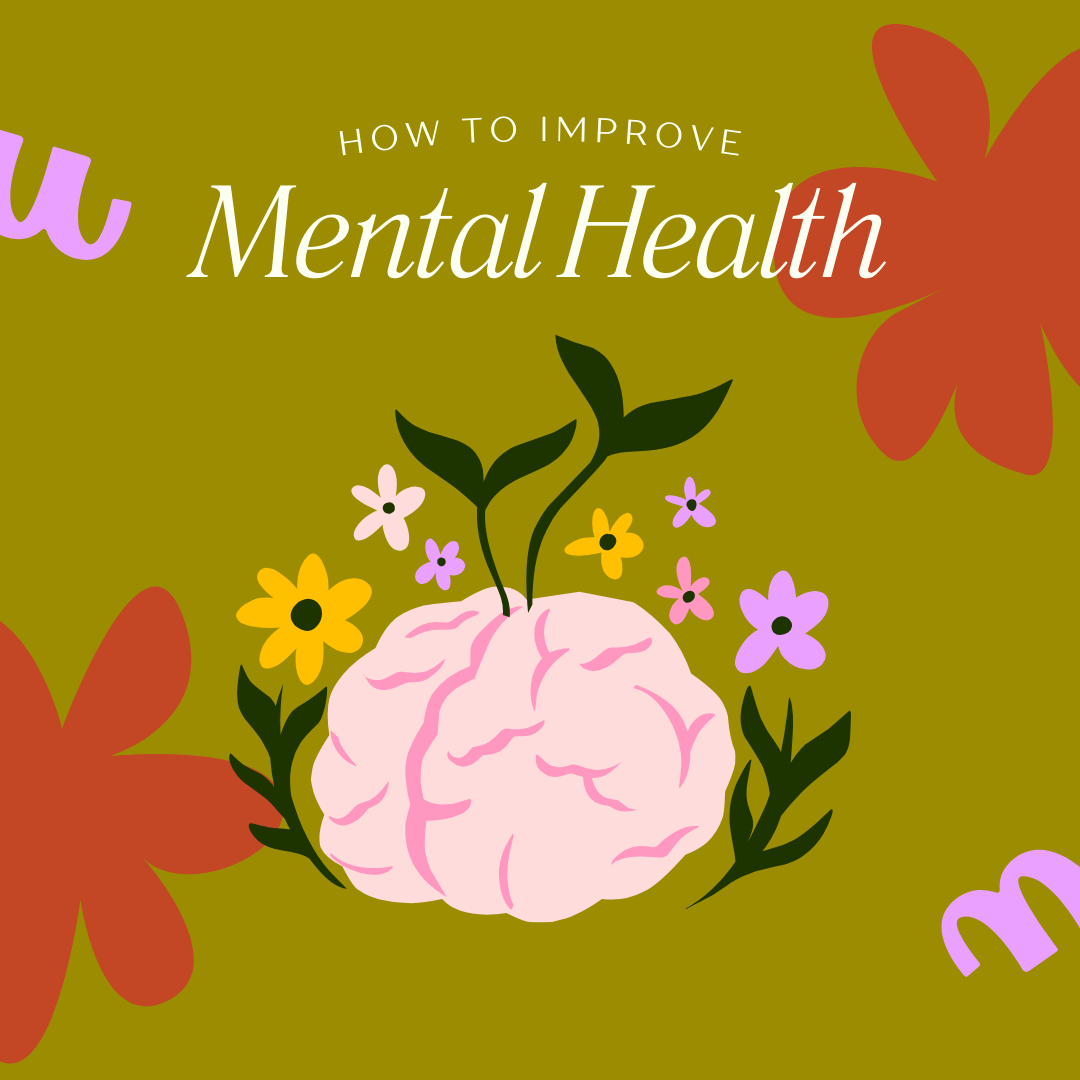Fasting Food for Thought: How Nutrition Impacts Your Mental Health
What if the key to emotional balance and mental clarity was already on your plate?
In today’s wellness-focused world, more people are realizing that mental health isn’t just about therapy and meditation—it’s also deeply influenced by what we eat. Nutrition fuels more than just our physical health; it plays a pivotal role in how we think, feel, and respond to life’s challenges.
Emerging research continues to highlight the powerful link between diet and mental wellness. From improving mood and memory to reducing symptoms of anxiety and depression, your daily meals can either support or sabotage your emotional well-being.
Let’s explore the science behind the brain-food connection, identify key nutrients that boost mental health, and share simple strategies you can adopt to nourish your mind—one bite at a time.
🧬 The Brain-Food Connection: Why Your Mind Needs Nutrients
Your brain is one of the most nutrient-demanding organs in your body. It uses about 20% of your daily energy intake and relies on a steady supply of vitamins, minerals, and essential fats to function at its best.
But it’s not just about energy—your diet directly affects neurotransmitters, the chemical messengers that regulate mood, focus, and sleep. When your nutrition is off balance, your brain can’t effectively produce serotonin, dopamine, or other mood-regulating chemicals.
Certain foods promote emotional stability and cognitive performance, while others—especially ultra-processed and sugary foods—can increase stress, fatigue, irritability, and even depressive symptoms.
“The gut and brain are in constant communication. Nourishing one helps the other.”
🧠 Key Nutrients That Support Mental Health
Adding the right nutrients to your meals can dramatically improve how you feel—mentally and emotionally. Here are some of the most powerful brain-boosting nutrients:
1. Omega-3 Fatty Acids
Sources: Fatty fish (salmon, sardines), flaxseeds, walnuts, chia seeds
Why They Matter: Omega-3s are essential for brain cell structure and communication. They reduce inflammation and are linked to lower rates of depression, anxiety, and cognitive decline.
2. B Vitamins (Especially B6, B9, B12)
Sources: Leafy greens, whole grains, eggs, poultry, beans
Mental Health Benefits: These vitamins are vital in the synthesis of serotonin and dopamine—your natural mood enhancers. Deficiencies have been associated with mood disorders and brain fog.
3. Probiotics & Prebiotics
Sources: Yogurt, kefir, sauerkraut, kimchi, bananas, oats, garlic
Gut-Brain Connection: A healthy gut microbiome supports emotional regulation. Probiotics promote a balanced gut environment, while prebiotics feed the good bacteria that support stress resilience and mental clarity.
4. Magnesium
Sources: Pumpkin seeds, almonds, spinach, dark chocolate
How It Helps: Magnesium plays a role in regulating the body’s stress response. Low magnesium levels are associated with increased anxiety, insomnia, and tension.
5. Antioxidants
Found In: Blueberries, green tea, oranges, spinach, kale
Role: Antioxidants combat oxidative stress in the brain, which has been linked to mood disorders, cognitive fatigue, and neurodegenerative disease.
🚫 The Dark Side of the Modern Diet: How Processed Foods Harm Mental Health
Unfortunately, the modern Western diet—often rich in refined sugar, unhealthy fats, and processed foods—is a recipe for poor mental health.
Sugar & Mood Swings
Sugary foods lead to quick spikes in blood sugar, followed by crashes that can cause irritability, brain fog, and fatigue. Over time, excess sugar consumption may even contribute to depression and anxiety.
Trans Fats & Depression
Found in many fried and packaged foods, trans fats promote inflammation, which disrupts brain function and has been associated with a higher risk of depression.
Nutrient Deficiencies
Heavily processed meals tend to be low in essential nutrients. A lack of vitamins, minerals, and fiber robs your brain of the building blocks it needs for stable mood and energy.
🌿 Gut Health = Mental Health: The Power of the Gut-Brain Axis
Did you know that up to 90% of your body’s serotonin is produced in your gut? The gut and brain are connected via the gut-brain axis, a communication network that links digestive health with mood regulation and cognitive performance.
A diverse and healthy gut microbiome can improve mental resilience, reduce inflammation, and support overall emotional well-being.
Gut-Friendly Foods to Prioritize:
- Fermented foods: Yogurt, kefir, sauerkraut, kimchi
- Fiber-rich foods: Vegetables, legumes, fruits, whole grains
- Polyphenol-rich foods: Berries, olive oil, cocoa, green tea
By nurturing your gut, you’re also supporting a calmer, clearer, and more focused mind.
🍽️ Eat for Emotional Wellness: Simple Daily Habits
You don’t need a complicated diet plan to feel better mentally. Here are a few doable practices that can help:
✅ Plan Balanced Meals
Aim for a balance of lean protein, healthy fats, and complex carbs in each meal to promote steady energy and mood.
✅ Snack Smart
Replace sugary or salty snacks with mood-supportive options like nuts, seeds, berries, or dark chocolate.
✅ Stay Hydrated
The brain is nearly 75% water. Even mild dehydration can cause confusion, fatigue, and irritability.
✅ Cook at Home
Home-cooked meals give you more control over ingredients and help you stay mindful of what you’re consuming.
✅ Limit Alcohol & Caffeine
Both can disrupt sleep and trigger anxiety when consumed in excess. Moderation is key.
📊 The Research Is Clear: Diet Influences Mood
A growing body of clinical evidence supports the connection between what we eat and how we feel:
- Mediterranean diets—rich in fruits, vegetables, legumes, whole grains, and olive oil—are linked to lower depression and anxiety rates.
- Nutrient deficiencies (particularly in omega-3s, B vitamins, and magnesium) have been connected to higher levels of mood disorders.
- Diets high in ultra-processed foods show strong correlations with poor mental health outcomes.
This shows that mental wellness isn’t just about the mind—it also starts in the kitchen.
💡 Final Thoughts: Nourish Your Mind, One Bite at a Time
Your mental health is shaped by many factors, but one of the most immediate and powerful is the food you eat every day.
By choosing whole, nutrient-dense meals and minimizing processed foods, you can naturally improve your mood, sharpen your focus, reduce stress, and enhance your overall emotional resilience. Eating well isn’t just an act of physical care—it’s a powerful form of self-love and emotional support.
🌱 Start today. Choose foods that fuel your brain, uplift your spirit, and support your journey toward mental wellness.

